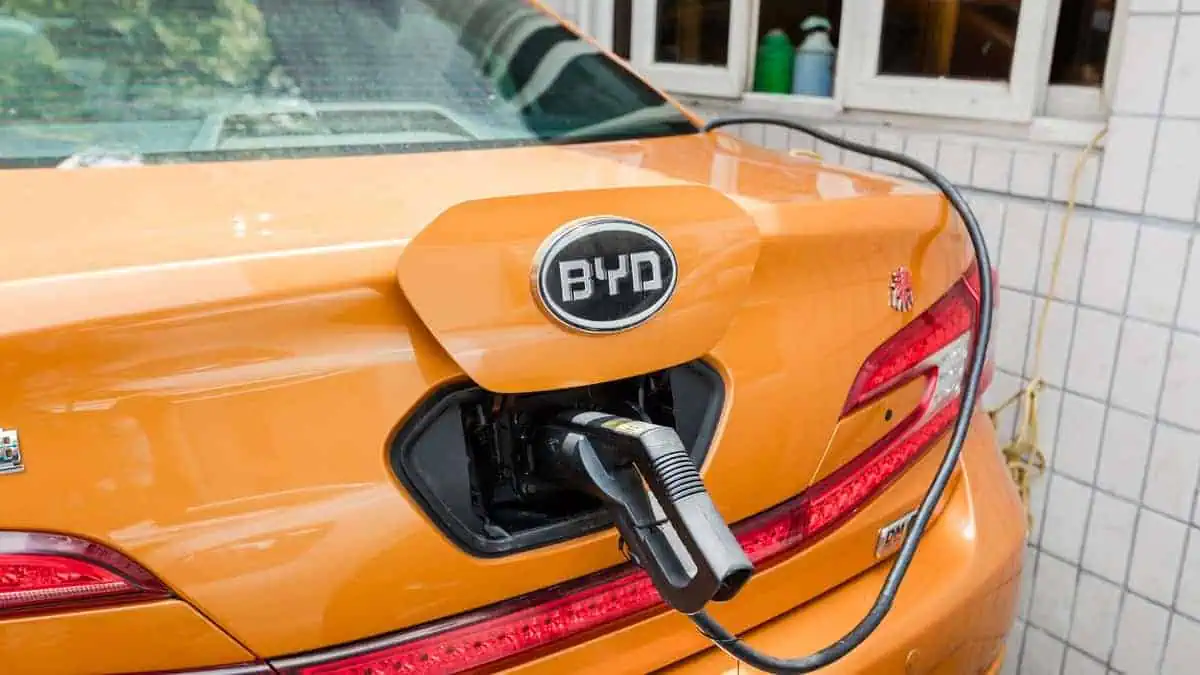On Thursday, leading Chinese electric vehicle manufacturer BYD proudly declared that it would open a factory in Thailand’s Eastern Economic Corridor (EEC) to start producing 150,000 passenger cars annually from 2024.
96 hectares (237 acres) of land in the eastern province of Rayong have been purchased for the factory, according to a joint statement from BYD and Thai industrial developer WHA Group, according to electrive.com.
Additionally, WHA Group announced that the facility would be situated in the “WHA Rayong 36 Industrial Estate,” an industrial location chosen due to its accessibility to highways, the Map Ta Phut and Laem Chabang ports, and U-Tapao Airport.
The industrial developer also shared that BYD intends to start selling the electric vehicles produced on-site in Southeast Asia and Europe in 2024. Furthermore, it was also revealed that the cars would have right-hand drive.
Having said that, BYD Thailand will construct a factory for electric automobiles with cutting-edge right-hand drive technology with the support of the Board of Investment of Thailand. In fact, the Thailand Board of Investment approved the 17.9 billion baht ($491.49 million) EV manufacturing project last month.
With a capacity of 150,000 electric vehicles per year, the plant is anticipated to be operational in 2024. In addition, Europe and ASEAN nations will both receive production exports.
Liu Xueliang, general manager of BYD’s Asia-Pacific Auto Sales Division, stated:
“Opening this new overseas production facility at WHA Rayong 36 Industrial Estate is truly a significant advancement in our group’s expansion.” The area was determined to be the best option after a meticulous search and selection process because of its geographic position and reputation as a premier aggregation of industrial parks in the area, he said.
BYD has just chosen Rêver Automotive Company as its exclusive sales partner in Thailand with a target of selling more than 10,000 electric vehicles in the first year of their partnership.
In an effort to establish Thailand as Southeast Asia’s electric car hub, the Thai government has long identified an opportunity in the restructuring of the auto sector.
The Ministry of Finance in Thailand has reportedly given the go-ahead for 26 EV projects from 17 firms estimated to result in a combined production capacity of 830,000 electric vehicles, according to WHA Group. Even so, this number should reach one million by the beginning of 2023.
For instance, a joint venture for producing electric automobiles in Thailand was formed owing to the initiative of the Chinese contract manufacturer Foxconn and the Thai energy business PTT.
Thailand enacted additional government incentives for electric vehicle uptake in March 2022 to reach 700,000 or 30% of the nation’s total auto production by 2030.






